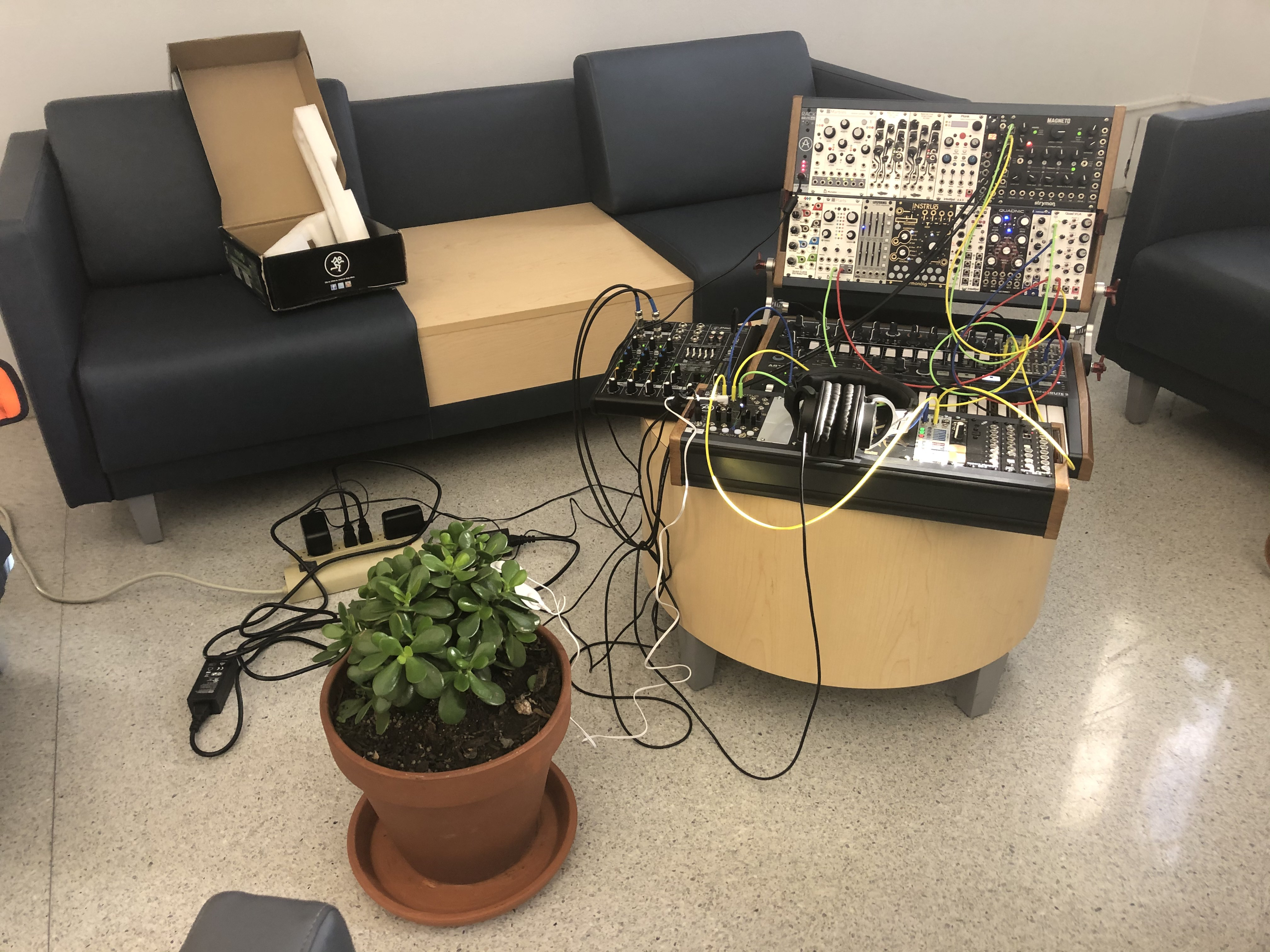
Rio Scarcelli | staff writer
Sept. 16, 2021
Phones are always developing new ways to react to media. Whether it is in the form of emojis, photos or videos, the online world has become a game of showing how you feel without using your words.
What if instead we used… lyrics? Junior Duquesne nursing major Addie Gardner and her father, Adam, asked if they could use song lyrics in place of text messages.
“We started this actually six years ago in 2015. I was in the eighth grade, and I remember playing these games with my dad in the car where we would trick each other into talking about a certain song or song title. We really started listening to lyrics a lot more than we did,” Addie Gardner said. “When my neighbor sent me a text to invite me over, Men at Work’s ‘Who Could it Be’ was playing. The lyric that was playing at the time was ‘stay away, don’t you invade my home!’ My dad immediately said ‘too bad you couldn’t send that text to her.’ From there, we both had the same idea to ask ‘what if we could?”
Officially released on the app store Sept. 1, Lyritext is a texting app found on a phone’s “Widgets app” that can send clips of songs to enhance everyday conversation. In order to have the ability to create an entire app for people to use, a lot of time and work went into the production and creative process.
After some workshopping, the duo was able to come up with the name Lyritext by combining both of the things they set out to do in the app. The ideas came along more quickly as they spent more time together discussing ideas in the car.
“We both contributed in different ways. My dad was always more experienced in the business access of development, so he was the ‘go and get it done’ man. I was very involved with the visual conceptualization of the app and its functionality on phones in the app store,” Gardner said.
To bring the idea into fruition, the team felt that they had to make sure that their idea was original and not already secured by another company.
“In 2015, we did not want to initially do anything without a patent. My dad is an entrepreneur and so he was very familiar with the business,” Gardner said. “It took about two years to secure the patent and make sure that there was not another app like this in existence. When we started pitching the idea to people, we were more often than not told that it was not possible. The music licensing would be way too expensive to go through.”
Lyritext had a hard time taking off. Concerned about licensing costs and feasibility of downloading some many songs in one space, the Gardner team continued to get rejections from developers. Regardless, a development-team called Naux decided to take on the challenge of making this app a reality in 2020.
“There were definitely times where I felt like Lyritext was not going to happen,” Gardner said. “Regardless, my dad went from developer to developer to try to make our dream come true for us. I remember seeing the first beta version of our app that was downloadable on phones, I said, ‘OK, this is really going on.’”
After what seemed like so many dead ends, a woman from California referred them to a company called Song Clip. Their goal was to look for ways to make song licensing easier for smaller companies and developers. With a glimmer of hope, the Gardners forged an agreement with the company within 18 months.
“We have 100,000 songs that we are able to pull from Lyritext right now, and Song Clips is trying to work on securing the licensing for many more. The fun part of all of this is that there is constantly new music coming out. There is an endless opportunity with new data and songs to experiment with,” Gardner said.
With the app now available to download on the App Store and Google Play, Gardner went into detail on creating song clips to send through text.
“When you pull up the app on your phone, you can search for certain keywords like ideas, emotions and greetings. It is a lot more searchable to use one or two words as opposed to whole song titles. If you click on it, it makes an attachment for you in your text message and the clip is sent,” she said.
On the development team’s side, the group needed to find a way to keep up with licensing costs. The Gardners felt they had a smart solution with combining an idea that was important to them.
“We do not believe in taking people’s personal information and selling it to ads. The best way for us to bypass it is by making a $2.99 monthly-subscription rate. This not only helped us with ensuring people’s security when going into the app, but also to keep up with the fees of licensing and making sure that the songs are accessible to everyone who uses Lyritex,” Gardner said.
To celebrate the launch of their app, the Gardners are taking their next move to the media as they begin to promote their work.
“We have been able to get a lot of traction from interviewing with The Trib and Pittsburgh Magazine. What has been most helpful to us is that Song Clip is writing a press release that they are spreading to all of their contacts within the music industry,” Gardner said. “We are very excited to have the app, but now our next step is getting the word out.”
Instagram & Facebook: @lyritext_official




